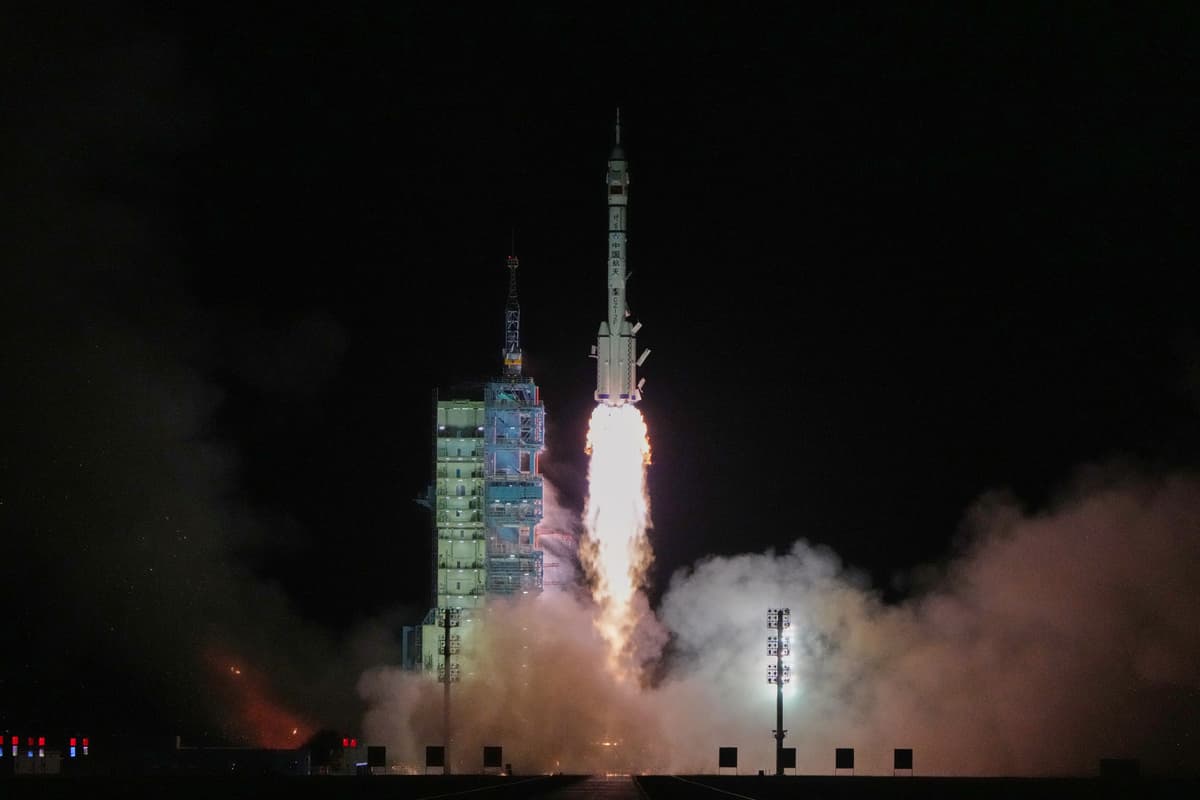Three Chinese astronauts are facing an unexpected delay in their return to Earth due to concerns that their spacecraft may have been damaged by space debris. Astronauts Chen Dong, Chen Zhongrui, and Wang Jie have already spent six months aboard the Chinese space station and were scheduled to depart on Wednesday. However, the new departure date remains uncertain as the China Manned Space Agency announced that the Shenzhou-20 spacecraft will undergo impact analysis and risk assessment.
The Chinese government has not disclosed specific details regarding the timing of the potential impact or the extent of any damage incurred by the spacecraft. In a statement to state media, the agency emphasized that the decision to delay the return prioritizes both the safety of the astronauts and the overall success of the mission.
While the astronauts await clearance to return home, a new crew is already stationed at the space station, resulting in a temporary total of six astronauts on board. This scenario echoes a past incident involving NASA, where two American astronauts were stranded at the International Space Station for nearly a year due to a malfunction in their Boeing Starliner spacecraft. That situation arose from helium leaks found in the vehicle, which were deemed too risky for a safe return. Ultimately, astronauts Sunita Williams, 59, and Barry “Butch” Willmore, 62, returned to Earth in March via a SpaceX Dragon craft after a mission that extended to 286 days.
Despite the current situation, there is no indication that the delay for the Chinese astronauts will extend anywhere near that duration.
China’s Expanding Space Ambitions
China has made significant investments in its space program in recent years, fueling a new space race focused on lunar exploration. Ambitions include the construction of nuclear reactors on the lunar surface, which would provide power for a permanent settlement. These operations are considered essential for future manned missions to Mars.
Joint efforts between China and Russia are underway to develop a lunar reactor, with plans to deploy it by 2035. The interim administrator of NASA, Sean Duffy, has also expressed urgency in advancing American capabilities in this area, stating, “We’re behind. If we’re going to engage in the race to the moon and the race to Mars, we have to get our act together,” during comments made in August.
As the situation unfolds, all eyes remain on the China Manned Space Agency and the astronauts awaiting their return to Earth, highlighting the growing complexities and risks associated with human spaceflight in an era marked by increasing orbital debris.







































































